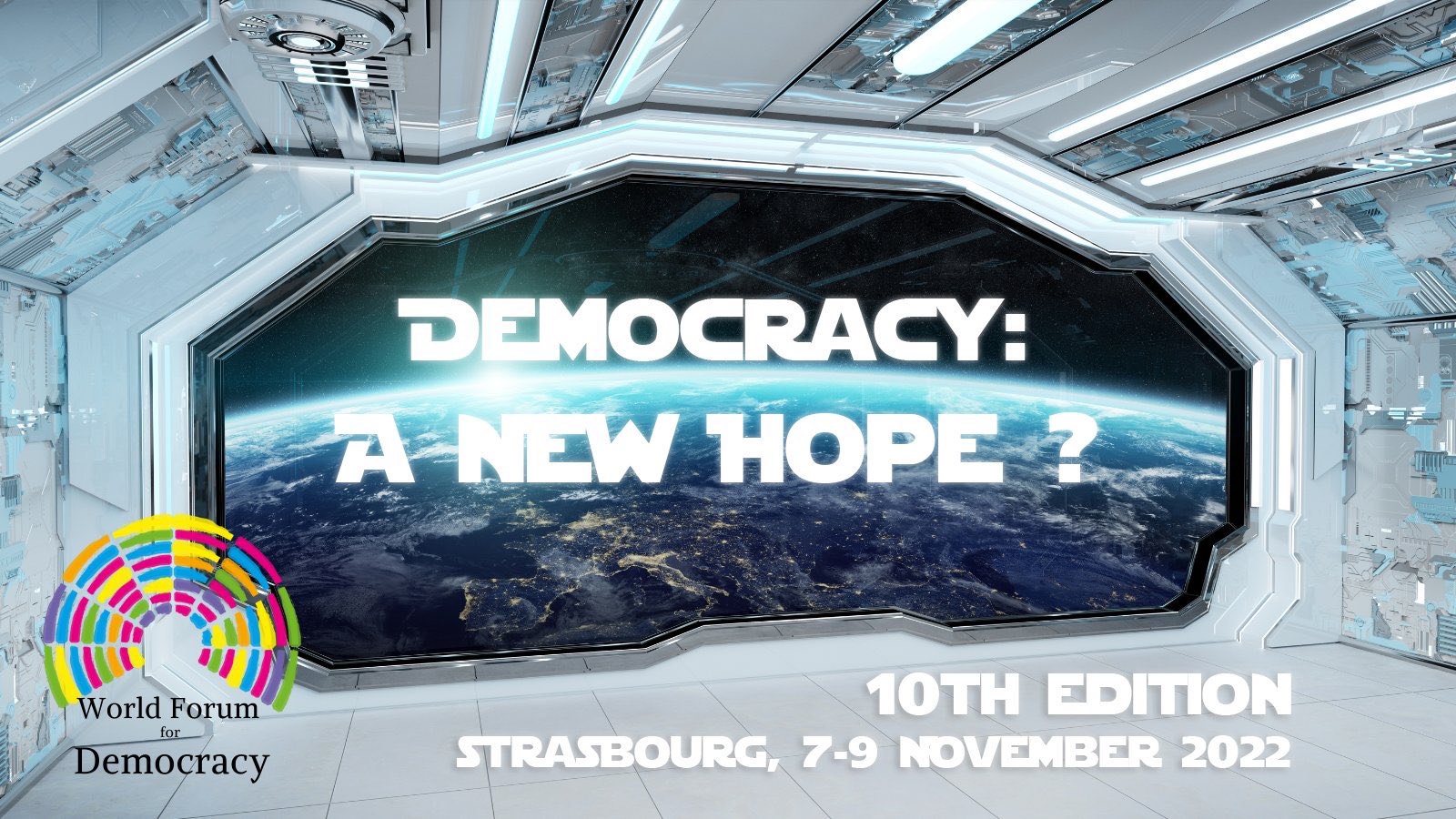There is relief in the northern Tigray region of Ethiopia after the Ethiopian central government and Tigrayan forces, led by Tigray People’s Liberation Front (TPLF), officially signed a truce recently raising optimism of an end to two years of a most bloody war in Africa’s second-most populous nation situated in the Horn of Africa.
The peace pact followed 10 days of dialogue convened in South Africa by the African Union. Former President Olusegun Obasanjo, who is the African Union’s high representative for the Horn of Africa, said both parties in the Ethiopian conflict had signed up to a cessation of hostilities as well as to systematic, orderly, smooth and coordinated disarmament, restoration of law and order, restoration of services, unhindered access to humanitarian supplies and protection of civilians.
Part of the deal guaranteed unimpeded access for humanitarian aid, the restoration of services such as telecommunications and banking to the country’s Tigray region, and the cessation of hate speech.
Also, as part of the agreement, the Ethiopian federal government would take control of Mekelle, the capital of the rebellious region, restore unity of all Ethiopians.
Tigrayan forces will not only surrender their armament but also refrain from supporting any other armed groups battling the central government of Ethiopia.
On its part, the Ethiopian government troops would ensure there is no foreign incursion into the Tigray region, a condition which seems to refer to the role of Eritrean government forces in the civil war. By this measure, troops from neighbouring Eritrea would leave Tigray. Also, the ban on the Tigray People’s Liberation Front (TPLF) was lifted and it would resume its position as a political party.
The agreement has been roundly praised by stakeholders. The national security adviser to Ethiopia’s federal government, Redwan Hussien was effusive in his commendation of countries and other individuals who intervened in the conflict, while Getachew Reda of the TPLF said the peace deal was a welcome relief to the region which is battling serious humanitarian crises of drought and famine, exacerbated by the fighting.
The conflict had broken out in November 2020 after Tigrayan soldiers seized military bases across the northern Tigray region following months of political differences between the central government and the TPLF, which had dominated national politics for nearly three decades until the appointment of Prime Minister Abiy Ahmed in 2018.
This would be the second time during the conflict that the two sides ceased hostilities. The Ethiopian government had declared a five-month cease-fire in March to allow relief materials to be delivered to war ravaged region, but fighting resumed at the end of August.
READ MORE: How Leadership Types Affect Wealth Creation
Meanwhile, President Obasanjo, other African leaders and the warring parties have been commended for their roles in arriving at this peace deal which has led to cessation of hostilities. However, one of the shortcomings of the treaty is that it is silent on war crimes accountability.
Amnesty International, which welcomed the process with cautious optimism, said any deal that does not bring war criminals to account was unacceptable.
During the conflict, about half a million civilians are thought to have been killed mostly in targeted ethnic cleansing by troops on both sides, along with thousands of women gang raped.
A member of Parliament for the opposition National Movement of Amhara, Dessalegn Chanie Dagnew, expressed the opinion that the agreement “lacks clarity on justice and accountability.”
The United Nations had accused Tigrayan fighters gang rapes and killing of civilians in Amhara territory, albeit on a smaller scale than the forces allied with the central government in Tigray.
Also, two important parties to the conflict were not represented in the talks: Eritrea, which has troops occupying large parts of Tigray, and representatives from Ethiopia’s Amhara region, which has a long-running border dispute with Tigray and also sent forces to the conflict.
Is spite of its inadequacies, this peace deal is highly welcome as a first step towards achieving sustainable peace in the Horn of Africa. Hence all the parties are urged to strictly keep to its tenets while further talks would be channelled towards resolving other grey areas not covered in the present peace document, including bringing to justice those involved in war crimes.




